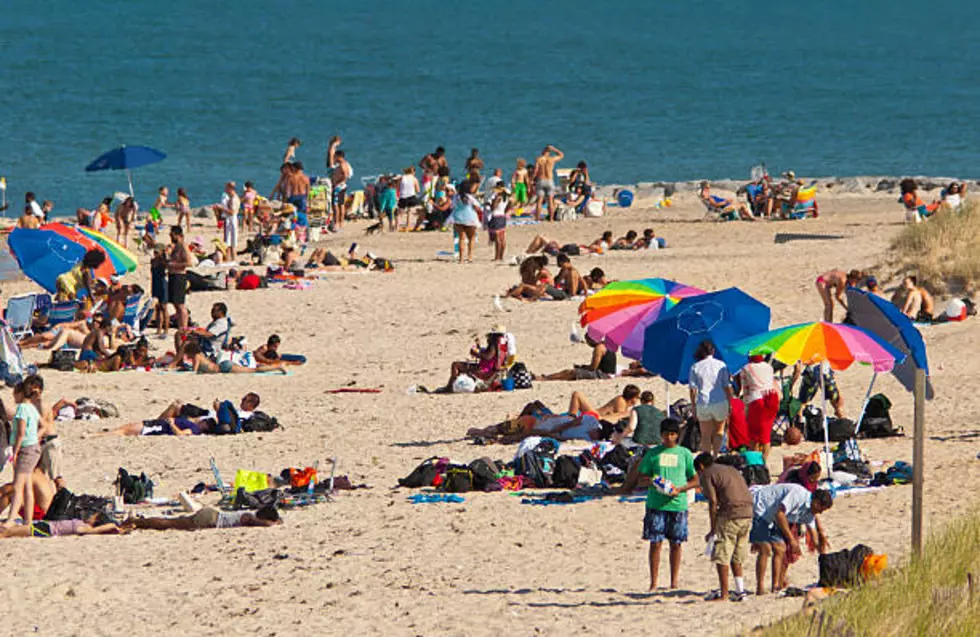
Attention Anglers! Free Fishing Weekend in Massachusetts Will Be Here Soon!
Are you a want-to-be angler? A Free Fishing Weekend is coming up in just over a month in Massachusetts!
Put these dates in your phone: June 4th and June 5th. That’s when you’ll be able to fish for free with no license needed in Massachusetts (except for saltwater fishing).

And, with the nicer weather here and more and more people enjoying outdoor activities in Massachusetts, now’s a good time to remind you that if you’re 15 years or older, you do need a fishing license to fish in Massachusetts. If you’re 15-17, or over the age of 70, the license is free. Everyone else is paying $26.00 if a resident of Massachusetts, $36.00 if a non-resident.
Now, you might be grumbling about having to pay another fee, but there is good news: First off, those funds support the Division of Fisheries and Wildlife programs, paying for everything from scientific research to conservation efforts to restocking fishing spots. Second, that MA license will also allow you to fish in other New England states.
Why Do We Need Fishing Licenses?
Fish and freshwater fishing areas are plentiful in Massachusetts, so why do we need a fishing license? It has to do with the balance between types of fish, how many species you can catch/keep, how the fish mating season goes, and so on. The license basically protects fish populations, and protects anglers at the same time by giving you a better chance at catching a fish. It also easily allows law enforcement to identify poachers.
If you’re looking to get into fishing, or just want more information about fishing in Massachusetts and where to get started, you can check out this link: Freshwater Fishing | Mass.gov
LOOK: Stunning animal photos from around the world
More From WUPE








